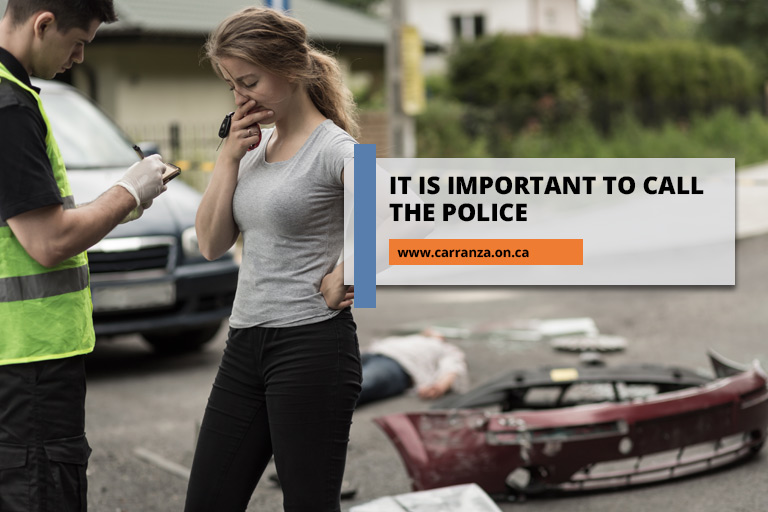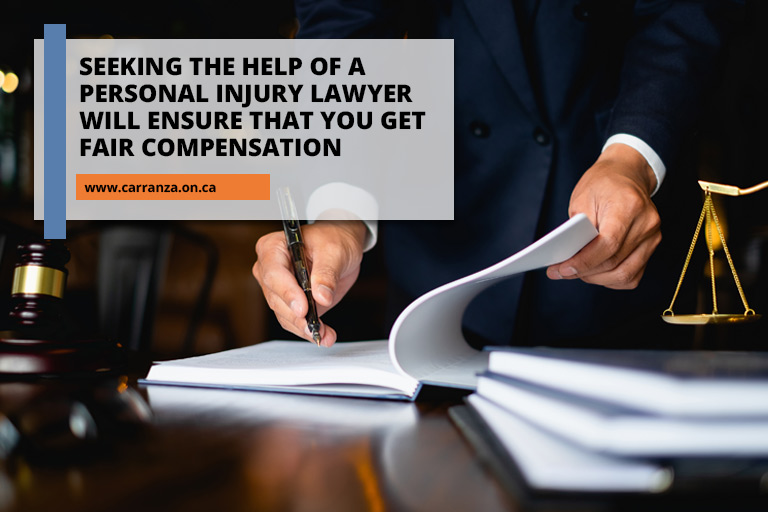Accidents can often be avoided by exercising extra caution. However, when they do occur, things can happen so quickly that you may have a hard time thinking straight. A million thoughts can race through your head in such a stressful situation.
If you get into a vehicle accident, there are a few things you need to do if you want to safeguard your rights. Here’s what you need to do:
Keep Calm and Don’t Lose Your Cool
After a car accident, you should remain calm. Avoid getting into arguments with other drivers and refrain from making accusations. Cooperate with the police and any other emergency personnel who arrive at the scene of the accident. Answer police questions honestly, but don't guess or provide more information than is requested.
Don’t Ignore Evidence That You Can Gather On-Site
If you physically can, act as soon as possible following an automobile accident to obtain evidence regarding what happened. Take pictures of the accident, including car damage and the relative positions of each vehicle.
Photograph debris and skid marks, and anything else at the scene that could have contributed to the collision. This would include damaged pavement or an obstructed directional road sign (such as a yield or stop sign). Take photos of your wounds, if any. Obtain the names and contact information of witnesses and the people involved in the accident.
If they give their consent, record the statements of witnesses at the scene. This will only make your case stronger. More often than not, bystanders who witnessed the accident are more than willing to offer a truthful statement. Use this to your advantage. The more statements you have, the better.
Get the Other Driver’s Information
It's critical that you obtain the other driver's insurance and personal information as you wait for the police to arrive. Make a list of the following information: name, address, phone number, make and model of their car, license plate number, insurance company, and insurance policy number.
If you’re suspicious of the contact information that the other person has given you, ask for a valid ID with a photo, like his driver’s license. Additionally, you should offer to share the same information. This will only show your willingness to cooperate and reach a peaceful resolution.
Call the Police

Even if it's a small collision, it's advisable to contact local law enforcement right away so you have an objective witness. When they come, they’ll ask you pertinent questions for their accident report.
Make sure you request a copy of the accident report from the police, since it may take a few days for it to be filed. If the drivers disagree on who was at fault, the officer's assessment of the accident will be helpful.
The officer's information will be included in the police report in case they are called to testify. Get the officer's name, badge number, phone number, and police report number if you can't get a copy of the report. Also, don't leave the scene until an officer arrives. In some areas, leaving the scene without exchanging information and reporting it to law enforcement is considered a misdemeanour.
Depending on damage and injuries, police may ask you to go to a collision reporting centre to complete the accident report instead.
Don’t Apologize Right Away
One of the most obvious symptoms of guilt is apologizing. The other driver in the collision could take advantage of this to get away with it. Avoid saying or doing anything that makes it appear as if you are guilty.
Keep your thoughts to yourself. Only present facts, and keep your discussion of the accident to a minimum. Allow the police and insurance companies to establish liability.
Never Accept a Quick Settlement
Soon after the collision, you may receive a call from the other driver's insurance company, and the adjuster may give you a payment for your damages. You can rest assured that it is not what you deserve.
Don't accept a low-ball settlement offer from an insurance company agent, and don't sign anything they give you. You may be signing away your right to receive the compensation you deserve.
Seek Medical Care
Don’t wait to seek medical attention. It’s in your best interest to see a doctor immediately following a car accident — even if you think your symptoms are “minor”. Symptoms of injuries like whiplash, concussions, and spinal injuries may not appear until several hours — or even weeks — after a car accident. Long-term injuries and pain can be treated with timely care.
Call Your Insurance Company
After an accident, make sure you tell your insurance company that you’ve been in an accident. Reporting the accident will provide you with coverage if the damage or injuries are significant.
Seek the Counsel of a Lawyer

If you have been wounded in a car accident, you may benefit substantially from the services of a personal injury lawyer. A vehicle accident lawyer can, at least, review your case during an initial consultation and advise you on your legal options, what to expect and how to protect yourself.
A lawyer can negotiate with the insurance company on your behalf and, if required, take the matter to court if you have a considerable claim owing to injuries or other losses. Although each case is different, a competent lawyer can usually achieve a better automobile accident settlement than you could on your own.
If you were
injured in a vehicle accident, contact Carranza LLP. Our personal injury lawyer in Hamilton, Mississauga, and Brampton are at your disposal. You may send us a message at
lawoffice@carranza.on.ca or call us at 416-633-1065.